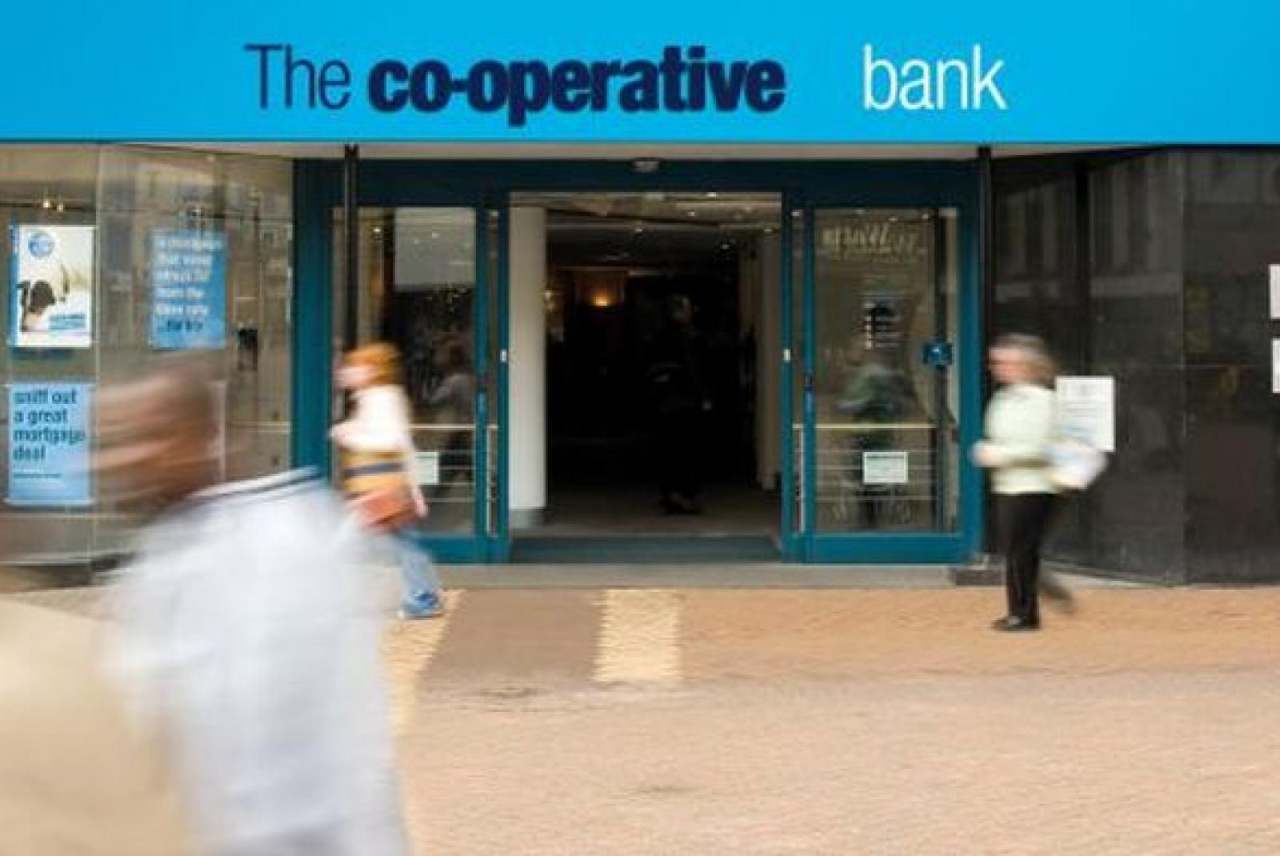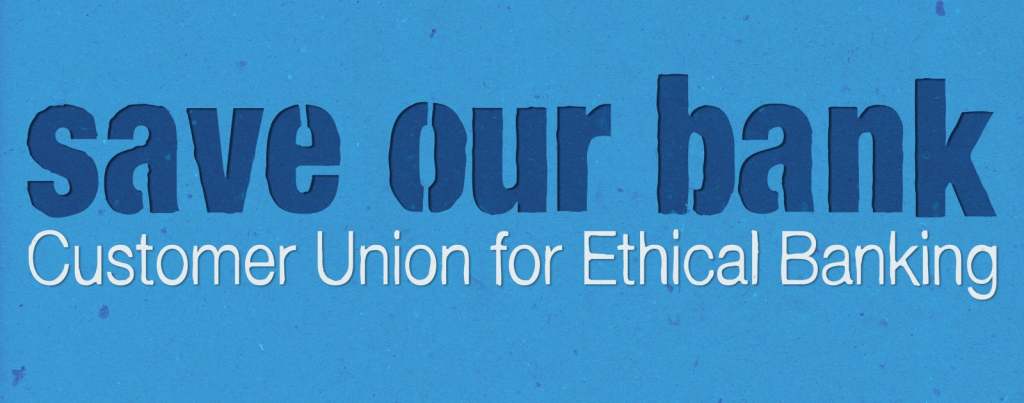How and why did the Save Our Bank campaign start?
Late in 2013 a deal was struck to fill a large gap in the Co-operative Bank’s balance sheet. The deal saved the bank, but it left its previous owner, the Co-operative Group, with a shareholding of only 30%, while private investors - including several US hedge funds - owned the rest, given them a 70% share of the bank.
The Co-operative Group remained the largest shareholder. But it had lost overall control.
A group of Co-op Bank customers set up the Save Our Bank campaign with support from Ethical Consumer magazine with two aims: to ensure that the bank sticks to its principles and, with time, to help the bank return to some form of co-operative control.
The stakes were high: failure of the bank would probably have meant the end of The Co-operative Group itself – the oldest and most iconic co-operative in the world. A rescue was arranged without state intervention (in contrast to the rescue of Lloyds and RBS in 2008), but at a price.
Why customer support is vital
For many customers the first instinct was to leave for Nationwide or one of the other mutuals. With US hedge funds in control, some felt that that the bank might not maintain its world-leading ethical policies and brave campaigning.
But, loss of customers could have put the future of the whole bank at risk.
As one of the few banks recommended in the Ethical Consumer Magazine shopping guides to current accounts and savings accounts, keeping the bank going was vital for many customers.
Aims of the Save our Bank campaign
The Save Our Bank campaign started with the belief that something good could be saved if the customers who cared about ethics were organised – because without customers any bank is worthless – something even a hedge fund understands. Over 10,000 supporters signed up to an on-line campaign calling on the bank to maintain its ethical policy and for an eventual return to co-operative control.
For many loyal customers, Save Our Bank offered a way to make their feelings known without leaving – a point not lost on the bank.
The first challenge for the campaign came when the new management said it would survey customers about a renewed ethical policy. Surveys can be manipulated and this could be used as an excuse to water the ethical policy down, for example by downplaying ‘political’ concerns like human rights in favour of promises to ‘treat customers fairly’.
Ahead of the survey, Save Our Bank supporters put huge pressure on the bank by writing, emailing and tweeting. Eventually the CEO of the bank stated publicly that no existing commitments would be dropped. The bank asked Save Our Bank for advice on the content of the survey.
The new policy was finally announced in January 2015 after more than 70,000 customers had taken part. The bank kept its promise – a close reading showed that on all but a couple of minor issues, the existing policy was unmolested. Plus there were significant new commitments. Critical but positive engagement with the bank had paid off.

